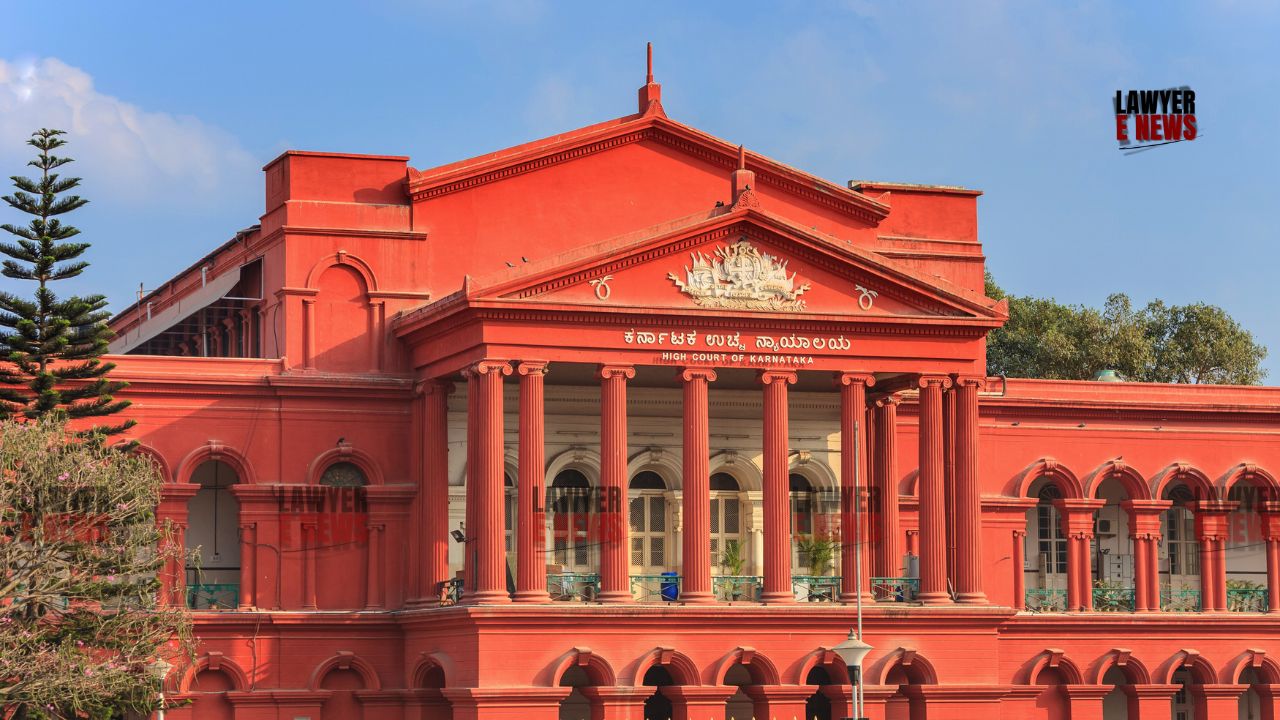-
by Admin
15 February 2026 2:36 AM



Karnataka High Court directs state to convene meetings bi-monthly, addressing backlog in parole and release petitions. In a significant ruling, the Karnataka High Court has mandated that the state government convene the Life Convicts Premature Release Committee at least once every two months to address the backlog of petitions seeking premature release. The decision comes in response to a writ petition filed by a convict who has been in judicial custody for over 17 years, seeking release on general parole. The court emphasized the need for timely meetings to prevent unnecessary legal petitions and delays in justice.
The petitioner, Sri. Dilip, convicted under various sections of the Indian Penal Code, including Sections 347, 364(A), 120(B), and 397, has served over 17 years of his life sentence. His case for premature release had been recommended by the Advisory Committee but was pending consideration due to delays in convening the Premature Release Committee. Citing the Supreme Court’s decision in Rashidul Jafar @ Chota vs. State of Uttar Pradesh, the petitioner sought a directive for his case to be reviewed expeditiously.
Justice Hemant Chandangoudar, presiding over the case, acknowledged that the petitioner's situation was similar to numerous others awaiting committee reviews. The court highlighted that the failure to hold regular committee meetings had led to an influx of writ petitions. The state, unable to provide a specific date for the next committee meeting, was instructed to organize bi-monthly sessions to ensure the timely review of cases.
The court referred to the Supreme Court's ruling in Rashidul Jafar, which established that life convicts eligible for premature release should have their cases considered without unnecessary delays. The court observed, "Cases of life convicts who are entitled to consideration of their premature release should be considered without any loss of time." The Karnataka High Court reinforced this by directing that meetings be held every two months to prevent further delays and ensure convicts do not need to seek legal recourse simply to have their applications reviewed.
The court stressed the urgency of the matter, noting, "The Committee has not met for the last 8 months, resulting in numerous cases being filed before this Court. It is imperative that the State takes immediate steps to avoid such delays in the future."
The High Court’s order mandates bi-monthly meetings of the Premature Release Committee, ensuring that cases like that of the petitioner are reviewed in a timely manner. This ruling aims to reduce the burden on the judicial system while ensuring that life convicts receive fair and prompt consideration for parole and premature release. The court's directive sends a strong message about the importance of upholding procedural efficiency in matters concerning the rights of convicts.
Date of Decision: September 4, 2024
Sri. Dilip vs. The State of Karnataka
